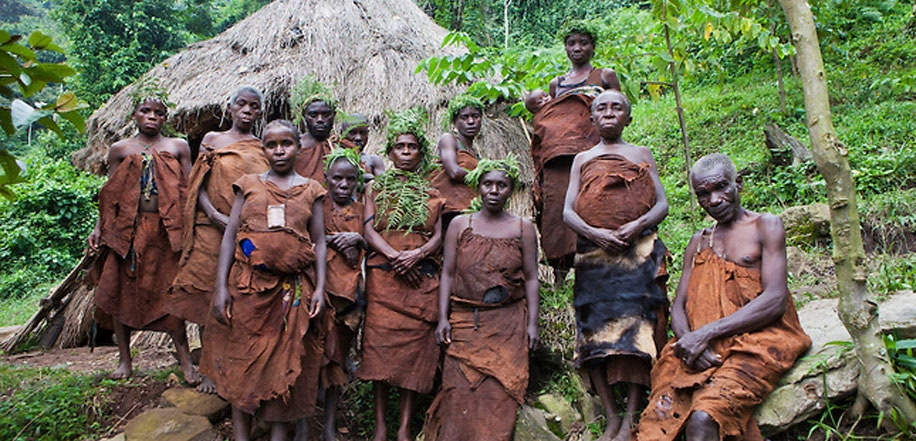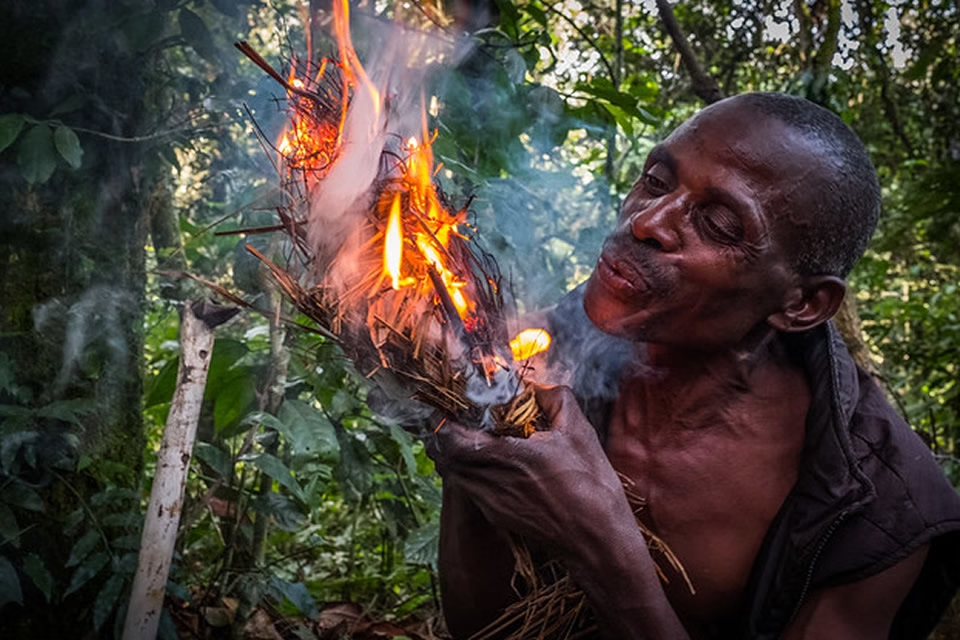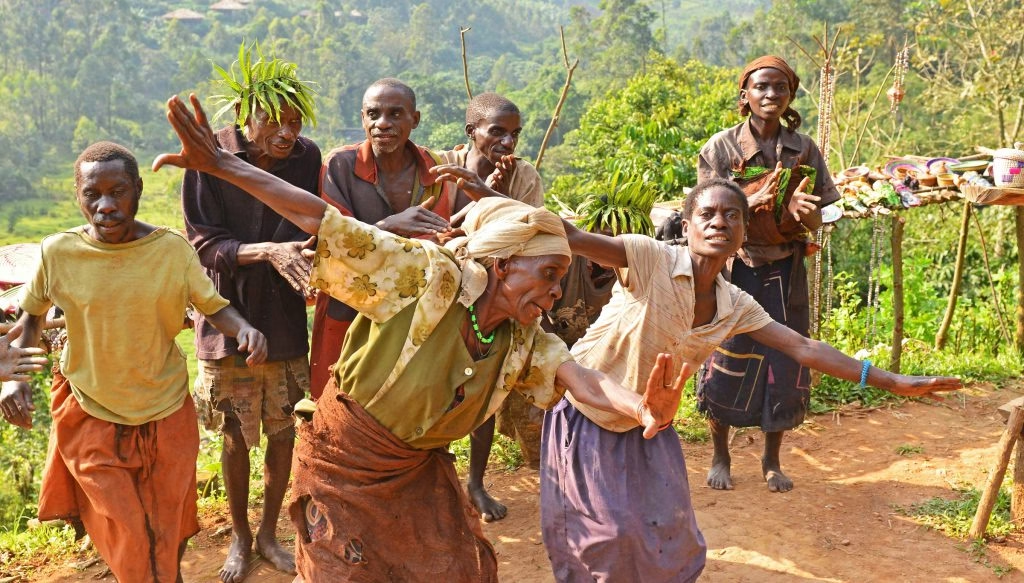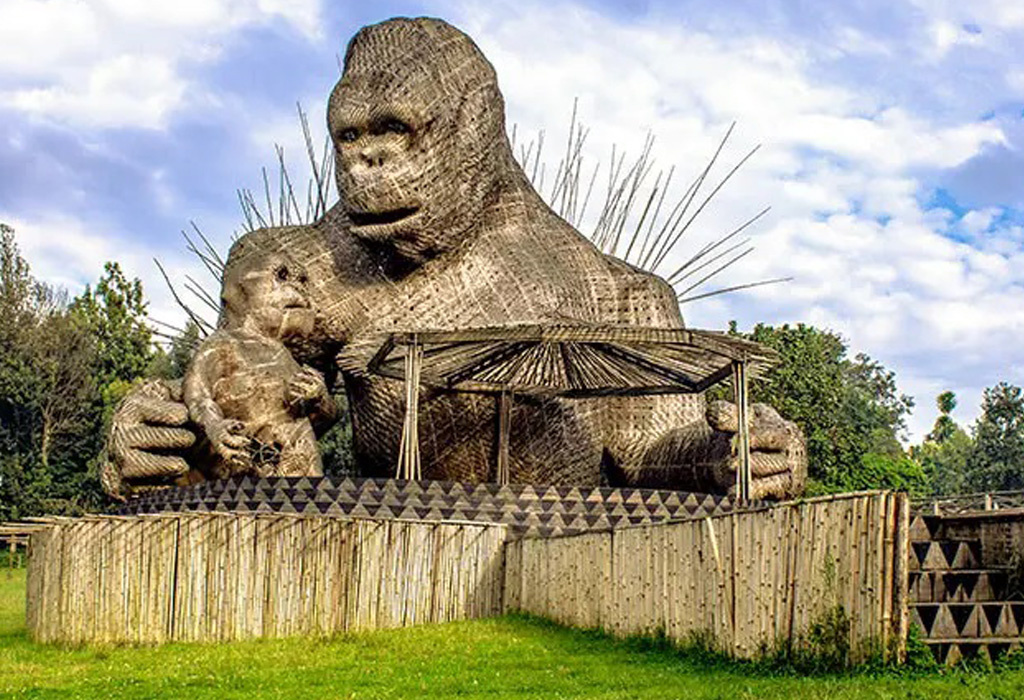
Uganda’s Batwa Cultural Experience
Uganda’s Batwa Cultural Experience: Walk With Ancients
There is something indescribably powerful about walking in the footsteps of the first people to inhabit a forest. The Batwa people of Uganda are one of the oldest indigenous tribes in Central Africa, and for thousands of years, they thrived as forest dwellers in the Bwindi Impenetrable and Mgahinga Forests. The Batwa cultural experience offers travelers more than a glimpse into a fascinating culture—it’s a soulful connection to a vanishing way of life, rooted in harmony with nature and spiritual wisdom.
As the world modernizes rapidly, the Batwa are working hard to preserve their traditions, stories, and identity. By choosing to immerse yourself in their world, even for a day, you participate in something far greater than tourism. You support resilience, dignity, and a vibrant cultural revival.
Who Are the Batwa of Uganda?
The Batwa are often referred to as the “Keepers of the Forest.” They lived sustainably within Uganda’s southwestern rainforests for generations, depending on hunting, gathering, herbal medicine, and spiritual rituals for survival. Life changed drastically in 1991 when Bwindi and Mgahinga were gazetted as national parks to protect the mountain gorillas, and the Batwa were evicted without compensation or resettlement plans.
 Dispossessed and displaced, many Batwa faced extreme poverty, marginalization, and the loss of their ancestral lands. But in recent years, there has been a growing movement to preserve and celebrate their heritage. Cultural experiences, supported by tourism and NGOs, now empower Batwa communities to share their traditions proudly with the world.
Dispossessed and displaced, many Batwa faced extreme poverty, marginalization, and the loss of their ancestral lands. But in recent years, there has been a growing movement to preserve and celebrate their heritage. Cultural experiences, supported by tourism and NGOs, now empower Batwa communities to share their traditions proudly with the world.
The Batwa Trail: A Living Museum of Forest Wisdom
One of the most profound ways to engage with Batwa culture is by walking the Batwa Trail in Mgahinga Gorilla National Park. Led by Batwa guides—many of whom were born in the forest—you’ll hike through lush bamboo groves, encounter hidden caves, and witness the incredible relationship the Batwa had with their natural environment.
This is not a performance. It is living history.
You’ll see how they used bows and arrows to hunt small game, how they harvested honey from treetop hives, and how they sourced food and medicine from roots, barks, and leaves. Inside the Garama Cave, once home to Batwa royalty and a refuge during raids, the air fills with haunting songs that echo the pain of exile and the beauty of endurance.
The trail culminates in a traditional dance performance, with drums, chants, and joyful celebration—an emotional expression of identity, pride, and resilience.
A Cultural Visit in Bwindi: Intimate Storytelling and Daily Life
In the Bwindi area, particularly around Buhoma and Rushaga, you can visit Batwa communities and experience everyday life through their eyes. These community-led experiences include storytelling sessions, music and dance, traditional cooking, fire-making, and craft demonstrations.

You may sit under a tree listening to an elder narrate the origin stories of the forest and the spirits that guided their people. Children gather around, their eyes wide with wonder, soaking in the oral traditions passed down through generations.
Participating in bead-making or traditional pottery is not only a creative activity, but a way of understanding the values, beliefs, and artistry embedded in Batwa life. Each design, color, and symbol carries meaning.
Why This Experience Matters
The Batwa cultural experience is about respect—both for cultural diversity and for the people who’ve been historically marginalized. It allows travelers to shift from being passive observers to active listeners, learners, and supporters of cultural preservation.
Tourism revenue helps fund healthcare, education, housing, and land advocacy for Batwa communities. Every visit affirms their right to exist proudly as they are, and to tell their story on their own terms.
By visiting responsibly and engaging with empathy, you become part of a larger solution that supports sustainable, community-led tourism in Uganda.
How to Prepare for the Batwa Experience
-
Choose Ethical Operators: Work with licensed tour companies or lodges that have long-standing relationships with Batwa communities and operate with transparency and respect.
-
Bring an Open Mind: This experience isn’t about spectacle. It’s about learning, listening, and allowing the Batwa to lead the narrative.
-
Dress Modestly: Respect the community by dressing appropriately and comfortably for forest walking.
-
Support Locally: Purchase crafts, tip your guides, and contribute to community projects where possible.
When and Where to Go
Batwa cultural experiences are available year-round, but the dry seasons from June to September and December to February are the most accessible.
Top Locations:
-
Mgahinga Gorilla National Park (The Batwa Trail)
-
Bwindi Impenetrable Forest (Community walks in Buhoma and Rushaga)
Many lodges in the area can organize half-day or full-day experiences that can easily be combined with gorilla trekking or birdwatching excursions.
Beyond the Trail: Lessons That Stay With You
There is a sacred silence in the forest when your Batwa guide pauses and listens to the birdsong. In that moment, you realize you’re not just hearing nature you’re hearing memory.
This experience awakens something deep in the traveler’s soul. It forces us to question how we define wealth, intelligence, and survival. The Batwa survived without electricity, modern tools, or roads, yet they mastered the art of ecological living long before the rest of the world caught on.
Their wisdom about sustainability, spiritual balance, and communal care is a gift the world needs now more than ever.
Travel With Purpose
The Batwa cultural experience is more than a stop on a safari itinerary it is a spiritual pilgrimage into a culture rooted in the earth. It’s a moment to walk with Uganda’s original people, to listen to their songs, to look into their eyes, and to understand their forest not as a place to conquer but as a sacred home.
When you choose to walk that path, you don’t just learn about the Batwa. You learn something profound about yourself.

